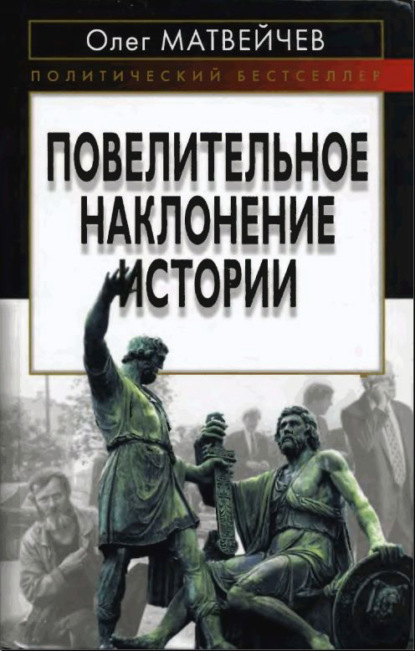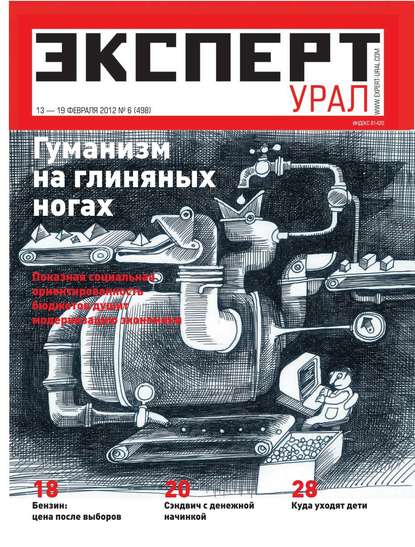Книга "Morgenthau" группы автором описывается как введение в идеи Ханса Моргентау в области международных отношений. Авторы описывают его становление и значимость мыслителя в теоретической мысли и развитии международных отношений. Используя доступные материалы и научные источники, авторы предлагают всестороннее описание и анализ работ Моргентау, включая его точку зрения на мирный порядок, международные отношения и правовое образование. Несмотря на разногласия между традиционными направлениями школ реализма и идеями авторов, они делают акцент на важности работы Моргентау и их значении в теоретическом и практическом развитии исследований в международных отношениях. Книга является ценным ресурсом для студентов и ученых, которые стремятся понять значение идей Моргентау по сей день и его роль в развитии области политических исследований.
Электронная Книга «Morgenthau» написана автором Группа авторов в году.
Минимальный возраст читателя: 0
Язык: Английский
ISBN: 9780745674896
Описание книги от Группа авторов
The ideas of Hans Morgenthau dominated the study of international politics in the United States for many decades. He was the leading representative of Realist international relations theory in the last century and his work remains hugely influential in the field. In this engaging and accessible new study of his work, William E. Scheuerman provides a comprehensive and illuminating introduction to Morgenthau’s ideas, and assesses their significance for political theory and international politics. Scheuerman shows Morgenthau to be an uneasy Realist, uncomfortable with conventional notions of Realism and sometimes unsure whether his reflections should be grouped under its rubric. He was a powerful critic of the existing state system and defended the idea of a world state. By highlighting Morgenthau’s engagement with the leading lights of European political and legal theory, Scheuerman argues that he developed a morally demanding political ethics and an astute diagnosis of the unprecedented perils posed by nuclear weaponry. Believing that the irrationalities of US foreign policy were rooted partly in domestic factors, he sympathized with demands for radical political and social change. Scheuerman illustrates that Morgenthau’s thinking has been widely misunderstood by both disciples and critics and that it offers many challenges to contemporary Realists who discount his normative aspirations. With the advent of the cosmopolitan goal of international reform, Morgenthau’s work serves up an unsettling mix of sympathy and hard-headed skepticism which remains crucially important in the development of the field. Lucidly and persuasively written, this book will be a valuable resource for students and scholars seeking to understand the continued importance of Morgenthau’s thinking.



















